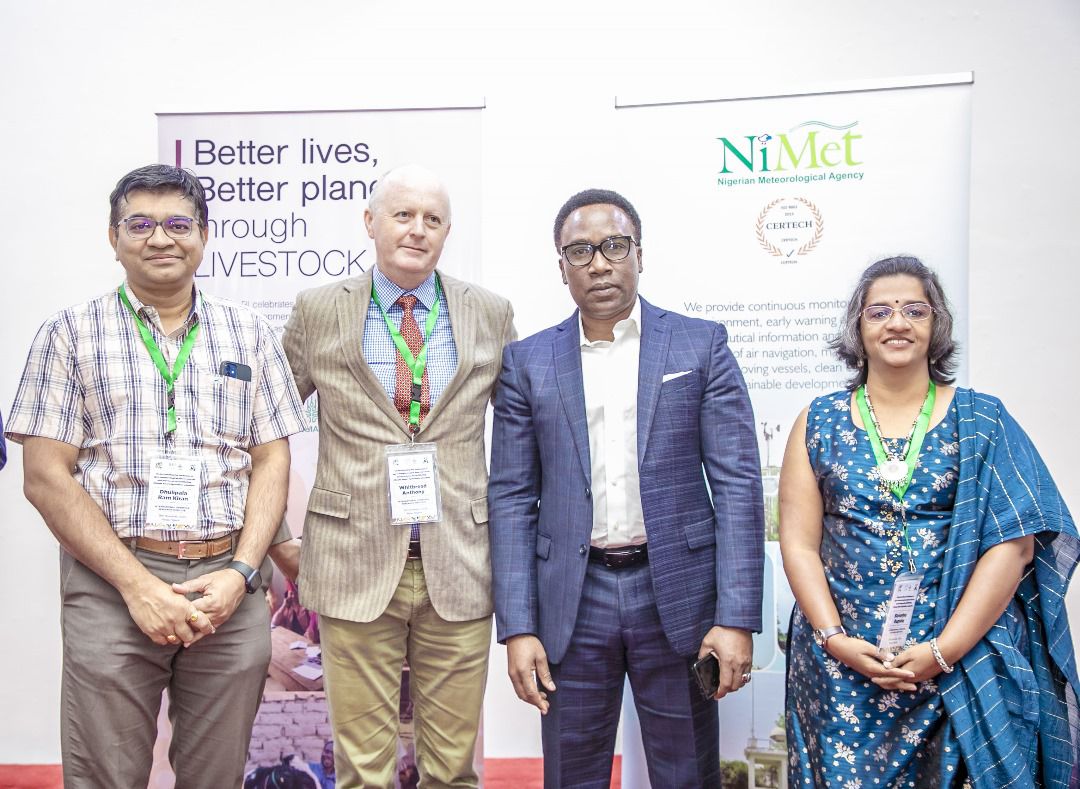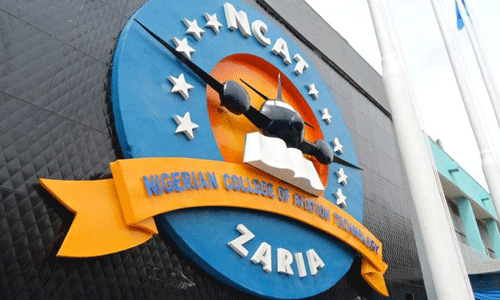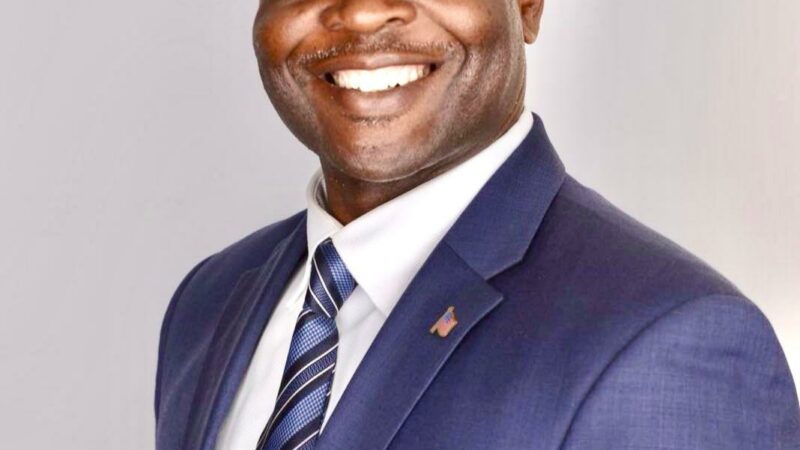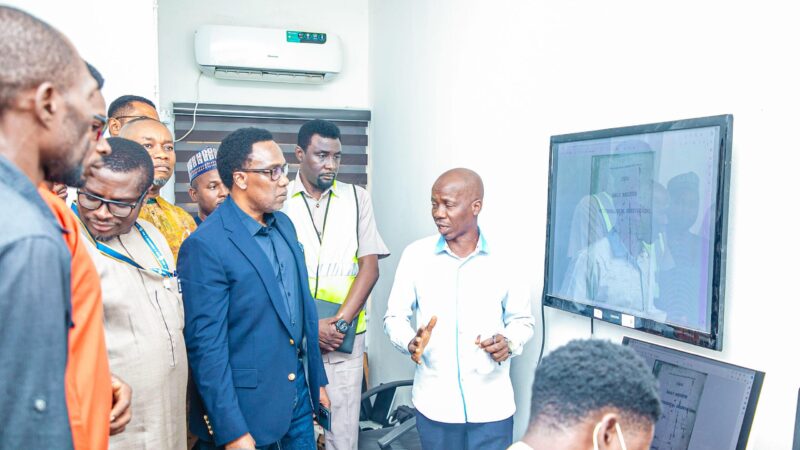NiMet Positioned to Climate-Proof Nigeria’s Economy Through Timely Weather, Climate Information – DG Anosike

The Nigerian Meteorological Agency (NiMet) has reiterated its commitment to bolstering the nation’s economy by providing timely weather and climate information to drive climate resilience and sustainable development.
This was affirmed by the agency’s Director-General and Chief Executive Officer, Prof. Charles Anosike, during a one-day workshop themed “Understanding the Landscape of Agro-Meteorological Data Resources and Processes for Facilitating Climate-Smart Agriculture Adoption” in Abuja on Monday.
The event, jointly hosted by NiMet and the International Livestock Research Institute (ILRI), attracted key stakeholders from various sectors, including agriculture, meteorology, and livestock management.
Speaking at the workshop, Prof. Anosike emphasised the significance of agro-meteorological advisories in empowering smallholder farmers and livestock keepers to adapt to climate challenges.
“This workshop is a critical step towards building resilience among smallholder farmers and livestock keepers, enhancing productivity by identifying adaptation options, best practices, and addressing adaptation gaps,” said Prof. Anosike.
He expressed gratitude to ILRI for co-hosting the event, noting its timeliness as NiMet advances a strategic design to explore Nigeria’s pastoralist landscape.
This initiative aims to develop robust early warning systems tailored to the livestock sector, aligning with the United Nations’ Early Warnings for All (EW4ALL) initiative.
Prof. Anosike highlighted the evolution of NiMet’s agrometeorological advisories, particularly the incorporation of co-production, a collaborative approach endorsed by the World Meteorological Organisation (WMO).
“Co-production involves engaging critical stakeholders in the production process of weather and climate information, thereby enhancing the accuracy, depth, and relevance of the advisories provided,” he explained.
He added that the workshop serves as a platform for stakeholders to map out climate information needs essential for smallholder farmers and livestock keepers.
Anthony Whitbread, Programme Leader for Livestock, Climate, and Environment at ILRI, underscored the workshop’s role in improving participants’ capacity while identifying gaps in data collection and dissemination.
“This event will enhance the delivery of climate services to the last mile, addressing critical aspects such as gender and social inclusion,” Whitbread stated.
In her remarks, Rupsha Banerjee, Senior Scientist for Institutions and Innovation at ILRI, outlined the workshop’s expected outcomes. These include developing a comprehensive country profile and infographic on climate services delivery through public and private sector collaborations in Nigeria.
By strengthening collaboration between NiMet, ILRI, and other stakeholders, the initiative aims to foster climate-smart agricultural practices in Nigeria, ensuring that smallholder farmers and livestock keepers are equipped with the tools and information needed to thrive in the face of climate challenges.
Prof. Anosike concluded by reaffirming NiMet’s dedication to advancing sustainable agricultural practices and climate resilience in line with global best practices.







